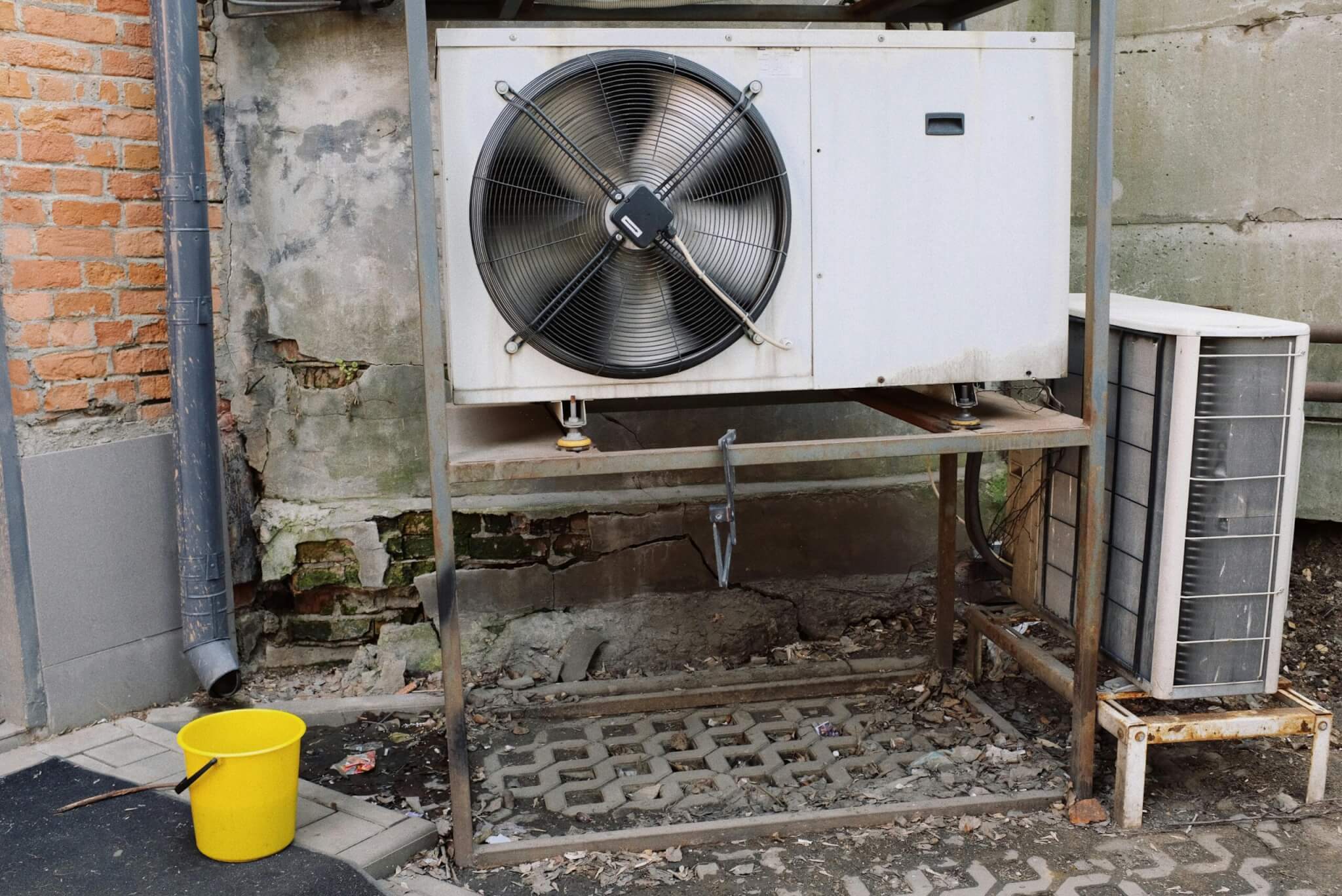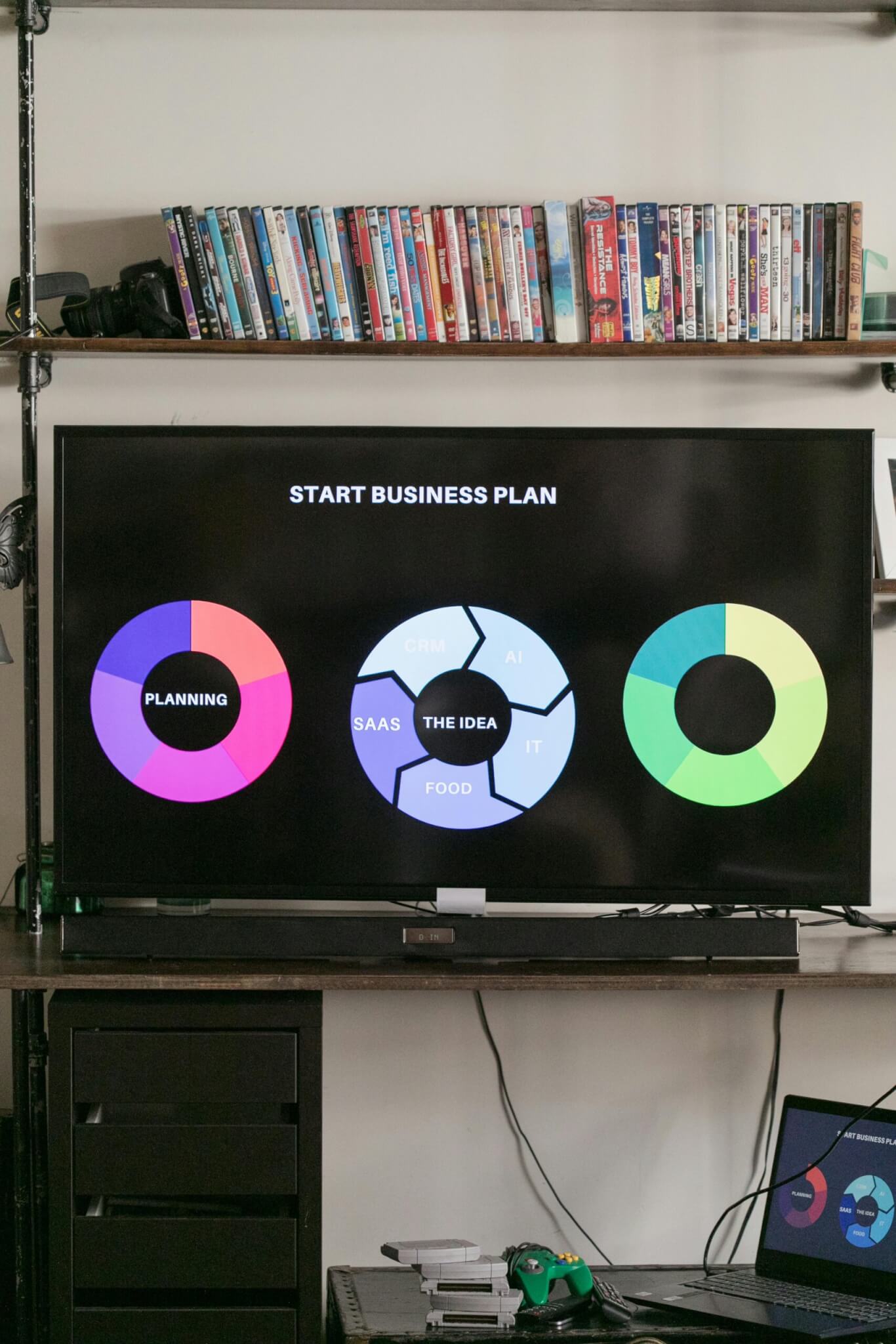Jun 18, 2025
5 min read
What Is a Personal Guarantee for a Business Loan?
A personal guarantee is a legally binding promise made by a...
Read story

Running a successful HVAC business requires more than just technical expertise. From purchasing service vehicles and HVAC tools to managing payroll and navigating seasonal demand, access to reliable financing is essential for long-term growth and day-to-day operations.
Fortunately, there are several loan options designed specifically for service-based businesses like HVAC contractors. Whether you’re just starting out, looking to expand your team, or covering unexpected costs, the right loan can help keep your business running smoothly.
In this guide, we’ll walk through five essential steps to help you get a loan for your HVAC business. You’ll learn how to assess your needs, explore financing types, meet eligibility criteria, and choose the right lender to support your goals.
Before applying for a loan, it’s important to outline exactly how much funding your HVAC business needs and what you plan to use it for. A clear understanding of your financial goals will guide you to the right loan type and help lenders assess your application more effectively.
HVAC companies face a variety of capital needs depending on their size, location, and service offerings. Here are some of the most common uses for financing:
Once you’ve defined your needs, you’ll be in a better position to select the most effective financing option.
Whether you’re expanding your team, upgrading tools, or managing seasonal demand, there are several loan options available to HVAC contractors. Understanding how each loan type works will help you choose the best fit for your business needs.
Equipment financing is ideal for purchasing HVAC-specific tools, service vehicles, or other durable assets. The equipment itself often serves as collateral.
SBA 7(a) loans offer low interest rates and longer repayment terms, making them a solid option for HVAC businesses looking to invest in growth.
A term loan provides a lump sum of capital repaid over a fixed period. It’s suitable for larger, one-time investments in your business.
A line of credit gives HVAC businesses flexible access to cash as needed. You only pay interest on the amount drawn, making it ideal for managing short-term or seasonal cash flow needs.
Lenders evaluate several factors when reviewing loan applications from HVAC businesses. Knowing what they’re looking for can help you prepare your documentation, strengthen your case, and improve your odds of approval.
Both personal and business credit scores play a key role. A higher score often leads to better rates and terms. While banks may require scores of 680 or higher, many alternative lenders will consider applicants with scores in the mid-600s or below, depending on the strength of the rest of your application.
Most lenders prefer HVAC companies with at least 1 to 2 years of operating history. If you’re a newer contractor, you may still qualify for some financing options if you can demonstrate steady income or provide a strong business plan.
Lenders want to know you generate enough income to repay the loan. Many require a minimum annual revenue threshold, typically between $100,000 and $250,000.
Strong, consistent cash flow shows lenders you can keep up with repayment even during slow seasons. Profitability also signals operational efficiency—something lenders view favorably.
Depending on the type of loan, you may need to pledge equipment, vehicles, or other business assets as collateral. This can improve approval chances and lead to better rates.
Once you’ve identified your financing needs and reviewed your eligibility, the next step is selecting a lender that understands the nature of HVAC businesses. From banks to online lenders, each option offers different benefits depending on your goals and timeline.
Banks typically offer low interest rates and long repayment terms, making them a good fit for established HVAC companies with strong credit. However, approval can take weeks, and the application process is often more rigorous.
Alternative lenders are a popular choice for HVAC contractors seeking faster funding or more flexible qualifications. Many offer streamlined applications, lower documentation requirements, and same-day or next-day approvals.
Some lenders, such as SBG Funding, specialize in working with service businesses like HVAC companies. These lenders may offer financing options tailored for fleet upgrades, licensing needs, or managing seasonality.
After choosing your lender and loan type, it’s time to prepare your application. Submitting the right documents—and presenting them clearly—can speed up the approval process and demonstrate that your HVAC business is well-organized and financially stable.
Most lenders will ask for the following when reviewing your application:
Depending on the lender, you may also be asked for proof of insurance, technician rosters, or contracts with clients. Being prepared with these materials up front will help you move through the application process more efficiently.
Whether you’re expanding your team, upgrading service vehicles, or preparing for peak season, SBG Funding offers tailored funding for HVAC contractors. Our fast and flexible financing is built to support your business through every season.
Applying won’t affect your credit score. Get the capital your HVAC business needs—without the delays.

Jun 18, 2025
5 min read
A personal guarantee is a legally binding promise made by a...
Read story

Jun 12, 2025
3 min read
Running a business means understanding your numbers. One of the most...
Read story

Jun 09, 2025
5 min read
Starting a business requires careful planning, and one of the most...
Read story

A funding specialist will get back to you soon.
If you can’t hang on then give us a call at (844) 284-2725 or complete your working capital application here.